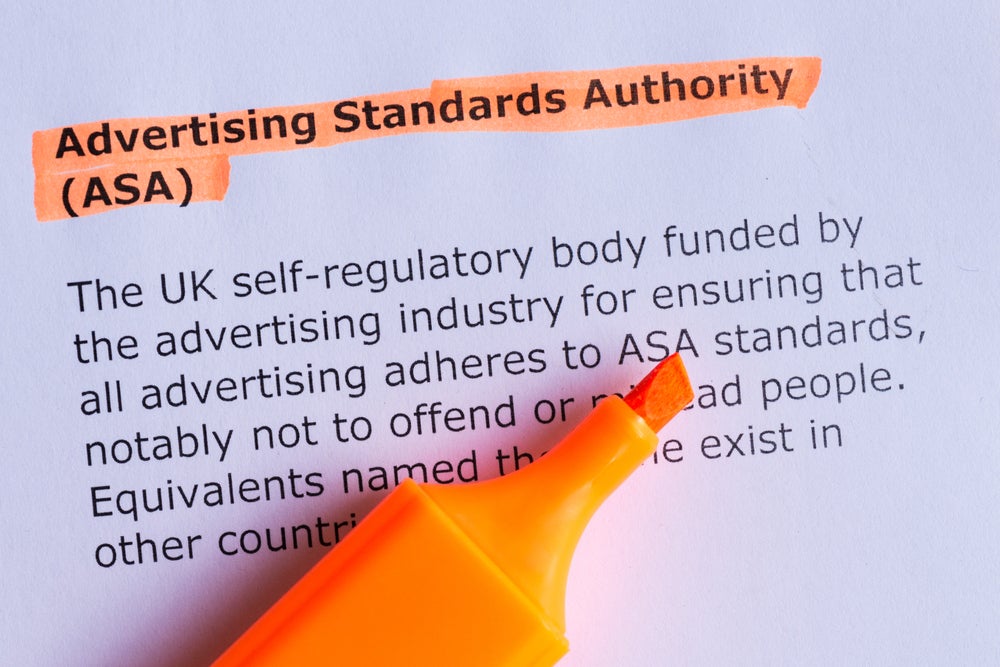The recent interventions by the UK’s Advertising Standards Authority (ASA) against BMW (UK) Ltd and MG Motor UK Ltd, resulting in the banning of their advertisements for misleading “zero-emission” claims, underscore the growing scrutiny on automakers to accurately portray the environmental impact of their vehicles.
These rulings bring to light the imperative for car manufacturers to adopt transparent advertising practices that encompass the entire lifecycle of a vehicle.
Both BMW and MG Motor had asserted “zero-emission” claims in their advertisements, prompting the ASA to intervene.
The regulatory body found these claims misleading as they did not consider emissions generated during the manufacturing process and the charging of battery electric vehicles (BEVs) with electricity from fossil fuels.
The ASA clarified that for claims of this nature to comply with advertising regulations, they must explicitly state that they apply solely to tailpipe emissions during driving.
The rulings have led to corrective actions, with MG removing “zero emissions” claims from its ads, and BMW ceasing bids on “zero emissions cars” keywords on Google Ads.

US Tariffs are shifting - will you react or anticipate?
Don’t let policy changes catch you off guard. Stay proactive with real-time data and expert analysis.
By GlobalDataMG Motor UK Ltd
MG Motor faced an upheld complaint as the ASA challenged the “Zero Emissions” claim in a paid Google ad. The ad, seen on August 16, 2023, offered savings on MG’s Plug-in Hybrid, MG ZS, or MG5 EV Trophy Long Range, concluding with the statement “Zero Emissions.” MG Motor removed all references to “Zero Emissions” following the ruling.
The ASA found that the ad was likely to mislead consumers as it did not specify that the “Zero Emissions” claim applied only to the vehicle while it was being driven. The lack of clarity regarding different vehicle types and circumstances led to a breach of CAP Code rules relating to misleading advertising, qualification, and environmental claims.
The regulatory action required MG Motor not to use the ad in its current form and emphasised the need for explicit claims in ads for fully electric vehicles, specifying that the “zero emissions” claim is applicable only during driving.
BMW (UK) Ltd
BMW faced a similar upheld complaint for a Google ad seen on August 16, 2023, featuring the headline “Zero Emissions Cars.”
The ad suggested exploring a range of BMW electric cars, leading consumers to interpret that all BMW electric cars produced zero emissions in all circumstances.
BMW attributed the inclusion of the claim to the automatic keyword feature in Google Ads, which was promptly rectified after the complaint.
The ASA found the claim likely to mislead, emphasising the importance of explicitly stating that “zero emissions” applies only to the reaction of the vehicle while being driven. BMW assured the ASA that the claim would not be repeated, and they pledged to implement measures to ensure greater control over keyword bids in the future.
Implications
These rulings by the ASA signal a heightened focus on the environmental claims made by automotive manufacturers. The requirement for clarity in advertising aligns with the broader trend of consumer demand for transparent and eco-conscious practices. As the automotive industry undergoes a transformation towards sustainability, accurate portrayal and communication of environmental impacts become paramount.
The ASA’s intervention emphasises the need for automakers to align their advertising with the complete environmental footprint of their vehicles. This includes manufacturing processes and energy sources for charging and acknowledging emissions beyond the driving phase.
The corrective actions taken by MG Motor and BMW reflect a commitment to responsible advertising practices and adherence to regulatory standards.
These ASA rulings serve as a reminder to the automotive industry that accurate and transparent communication about the environmental impact of vehicles is not only a regulatory requirement but also crucial for building trust with environmentally conscious consumers.
As the industry continues its transition towards greener practices, advertising practices must evolve to reflect a holistic understanding of a vehicle’s environmental footprint.








